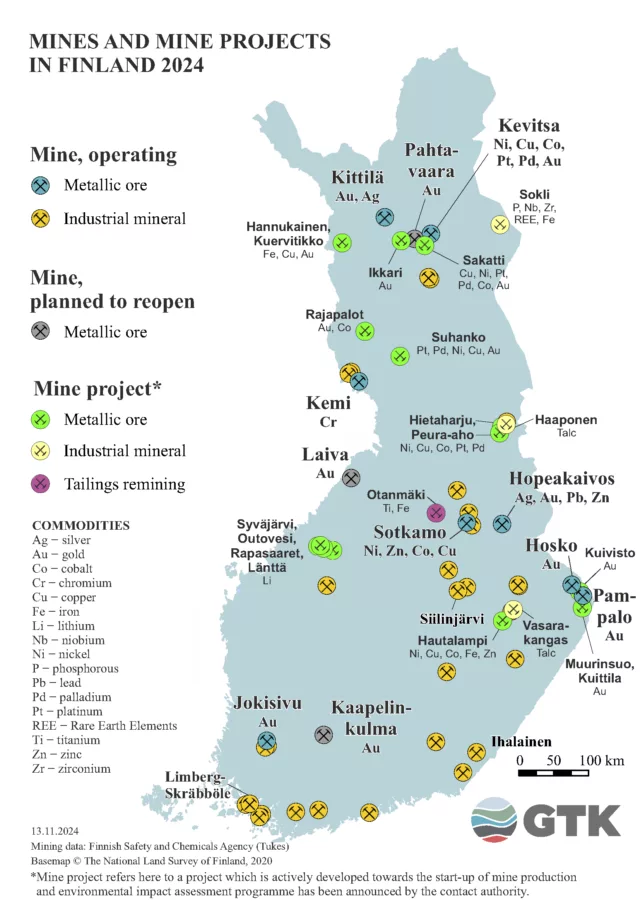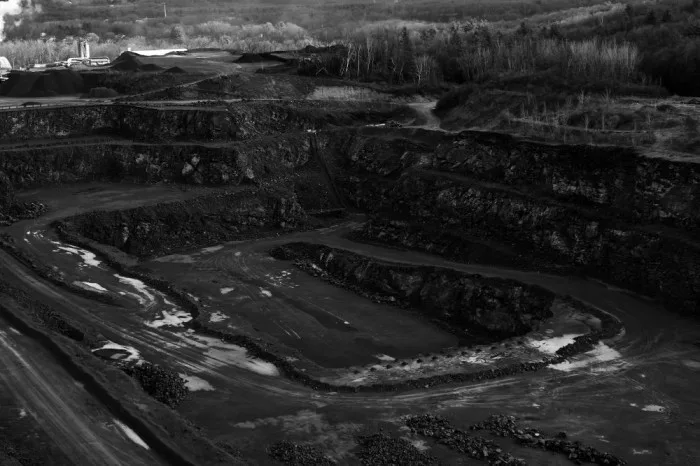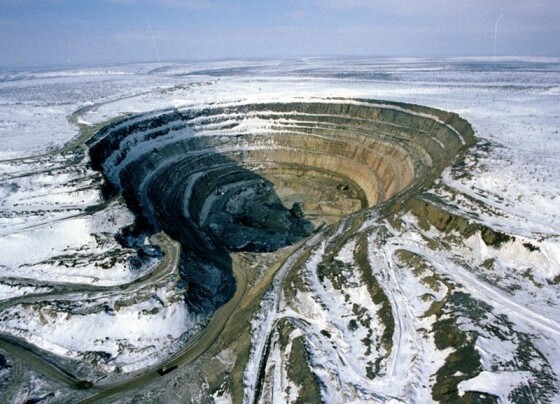And How National Laws Shape the Industry
Gemstone mining is a global industry deeply influenced by national laws and political decisions. The politics of gemstone mining impact everything from who has access to resources to how gems reach international markets. Understanding how national gemstone mining laws shape the industry is essential for anyone involved in the gemstone trade, from miners and exporters to retailers and consumers.
How National Laws Govern Gemstone Mining
National gemstone mining laws create the foundation for how the sector operates. Most countries require mining permits and licensing, which regulate who can mine, where mining can occur, and under what conditions. Government agencies and ministries typically oversee these processes, ensuring compliance with regulations, managing export controls, and collecting royalties or taxes.
These laws often distinguish between large-scale corporate mining and small-scale, artisanal operations. While large companies may face strict permitting and reporting requirements, artisanal miners frequently operate under less formal or poorly enforced frameworks, resulting in regulatory gaps.
Case Studies: National Approaches to Gemstone Mining Regulation
Myanmar
Myanmar’s gemstone sector is a prime example of how politics and law intersect. The country’s mining laws have evolved from colonial-era regulations to more recent reforms in 1995, 2017, and 2019. In response to international criticism over human rights abuses and illicit trade, Myanmar has suspended permits and attempted to reform its legal framework. However, illegal mining and undeclared exports remain persistent challenges, highlighting the difficulties of enforcement in politically unstable environments.
Sri Lanka
Sri Lanka’s gemstone mining is regulated by the National Gem and Jewellery Authority, which oversees mining, trading, and export. The country’s reputation for high-quality sapphires is partly due to its regulatory legacy, which strikes a balance between tradition and modern oversight. Sri Lanka’s laws aim to protect resources, ensure fair labour practices, and maintain the country’s global standing as a source of ethical gemstones.
Zambia
A robust licensing system and strong government oversight govern Zambia’s emerald and amethyst industries. Transparent export practices and institutional governance have helped Zambia build a reputation for responsible mining. The government’s involvement ensures that revenue from gemstone mining supports national development while also addressing environmental and labour concerns.
Finland
Finland’s Mining Act is recognised for its clarity and emphasis on sustainability. The law outlines mineral rights, detailed permitting processes, and strict environmental considerations. Finland’s approach includes community involvement and modern standards for sustainable mining, setting an example for responsible resource management in the gemstone sector.

Key Political Issues in Gemstone Mining Laws
National gemstone mining laws address several critical political issues:
- Land and Resource Ownership: Laws determine whether resources are state-owned, privately held, or managed by indigenous communities, shaping who benefits from mining.
- Labour Conditions: Legislation often establishes standards for worker safety, fair wages, and the prevention of child labour.
- Environmental Protection: Many countries require environmental impact assessments and site rehabilitation, though enforcement varies.
- Taxation and Revenue Sharing: National laws govern the collection and distribution of mining revenues, affecting both local communities and national budgets.
The Impact of Political Change and International Pressure
Political change can rapidly alter the legal landscape of gemstone mining. Regime changes, international sanctions, and global scrutiny often prompt legal reforms or temporary moratoriums on mining. NGOs, trade bodies, and consumer demand for ethically sourced gemstones also influence national laws, encouraging governments to adopt greater transparency and sustainability.
Challenges and Loopholes
Despite comprehensive laws, enforcement remains a significant challenge. Illegal mining and smuggling persist in many countries, often due to weak governance or corruption. Regulating both large-scale and artisanal mining is a complex task, as governments must balance economic development with environmental protection and respect for community rights.
Summary and Key Takeaways
The politics of gemstone mining and national gemstone mining laws are central to the industry’s operation, transparency, and reputation. Strong legal frameworks, effective enforcement, and ongoing reform are essential for building a responsible and sustainable gemstone sector. As political landscapes shift and international scrutiny grows, the industry must adapt to ensure ethical sourcing and fair benefit-sharing for all stakeholders.
Frequently Asked Questions (FAQ)
National laws determine who can mine, which areas are open for extraction, and the conditions for exporting gemstones, directly influencing global supply chains.
Transparency relies on robust governance, effective enforcement, and a commitment to adhering to international standards.
Lack of enforcement leads to illegal mining, smuggling, environmental harm, and loss of government revenue, undermining both the industry and local communities.
Ready to Start Your Gemstone Journey?
Fascinated by this article and want to deepen your gemstone expertise? Dive into our comprehensive Gemstone Encyclopedia. Here, you’ll discover detailed information about hundreds of precious and semi-precious stones, including their properties and values.
For those interested in the rich cultural significance and fascinating stories behind these treasures, our History section offers captivating insights into how gemstones have shaped civilisations. Or perhaps you’d like to learn more about birthstones?
And if you’re considering gemstones as more than just beautiful adornments, visit our Precious Metal Investing guide. Here you will learn how these natural wonders can become valuable additions to your investment portfolio.
Related articles:
- The Role of Government in Gemstone Export and Trade
- How Transparency Impacts Gemstone Prices
- Sanctions and the Gemstone Market
- Unlocking Hidden Value: How AI Detects Gemstone Flaws
- How AI Is Revolutionising Gemstone Grading and Quality Control
- Trump, Trade Wars and Gemstones
- Which Countries Dominate the Global Gemstone Trade?










